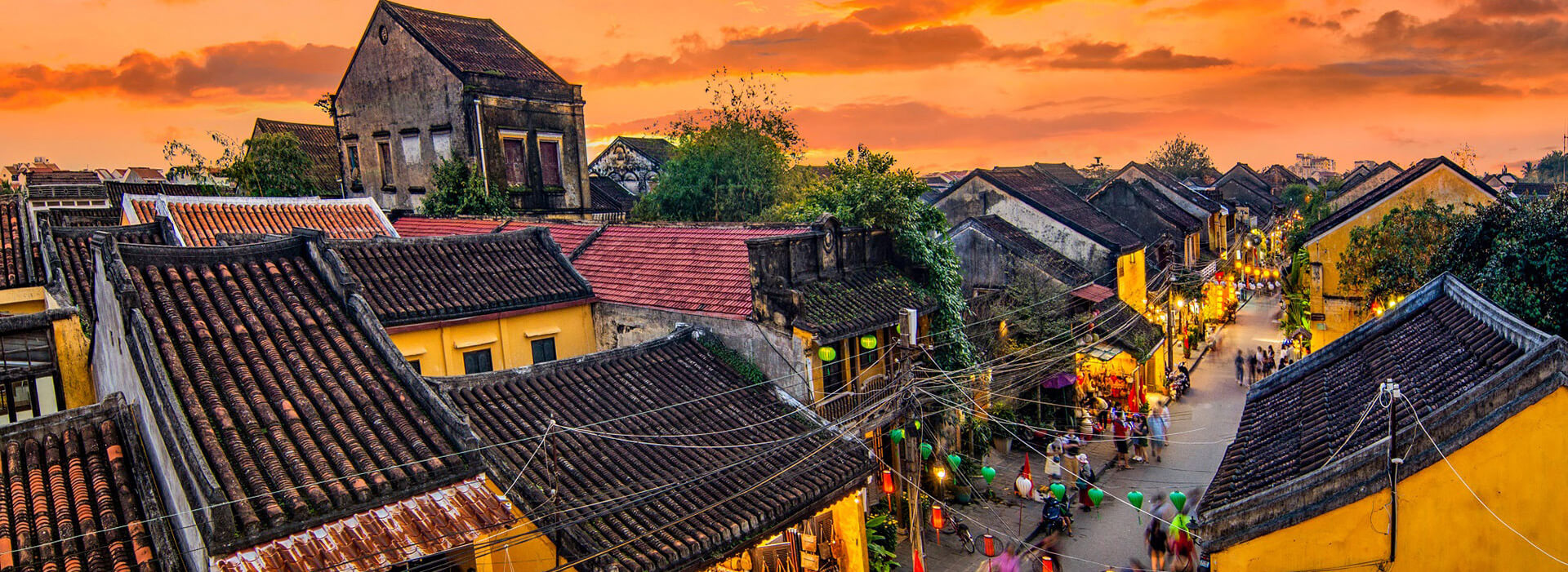
made for you!
Embarking on an immersive journey through a tapestry of vibrant landscapes, rich history, and diverse cultures.
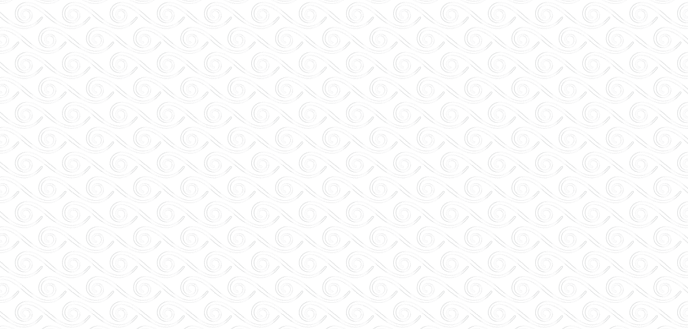

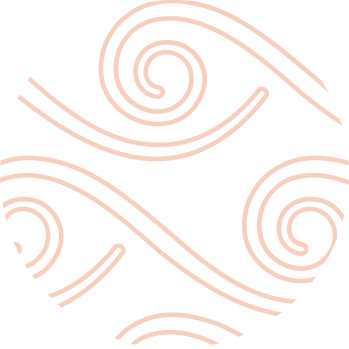
INSIGHTS
Vietnam: Timeless Beauty, Modern Spirit
![]()
![]() Vietnam, my cherished homeland, a symphony of emotions woven into the fabric of my being. From the bustling streets of Hanoi, where the pulse of history beats in every corner, to the serene landscapes of Ha Long Bay, where nature's poetry unfolds in limestone karsts and emerald waters — Vietnam is a journey through time and emotion. The warmth of the people embraces you like a long-lost friend. In the ancient town of Hoi An, lantern-lit streets whisper tales of a bygone era, and in the Mekong Delta, the rhythm of life flows in the veins of the mighty river. Vietnam, an enchanting dance between tradition and modernity, forever in the heart of this wanderer.
Vietnam, my cherished homeland, a symphony of emotions woven into the fabric of my being. From the bustling streets of Hanoi, where the pulse of history beats in every corner, to the serene landscapes of Ha Long Bay, where nature's poetry unfolds in limestone karsts and emerald waters — Vietnam is a journey through time and emotion. The warmth of the people embraces you like a long-lost friend. In the ancient town of Hoi An, lantern-lit streets whisper tales of a bygone era, and in the Mekong Delta, the rhythm of life flows in the veins of the mighty river. Vietnam, an enchanting dance between tradition and modernity, forever in the heart of this wanderer.
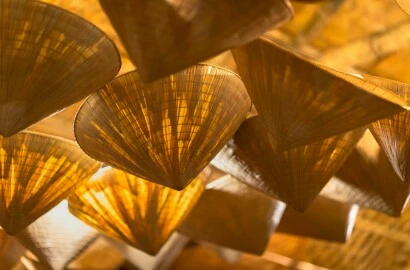
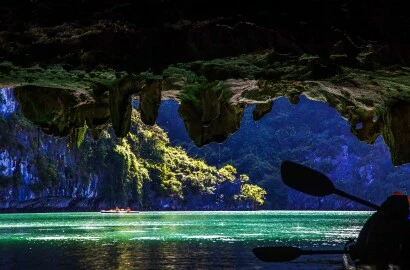
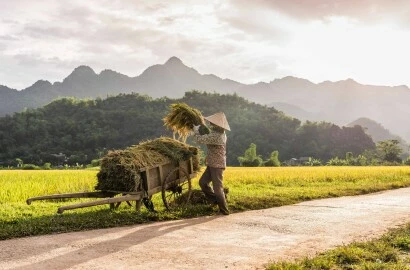
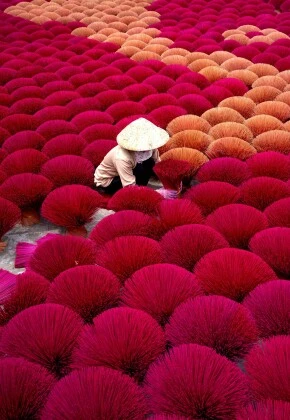
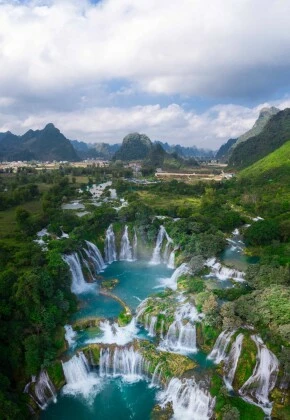
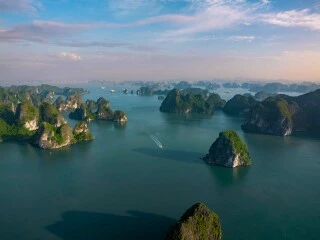
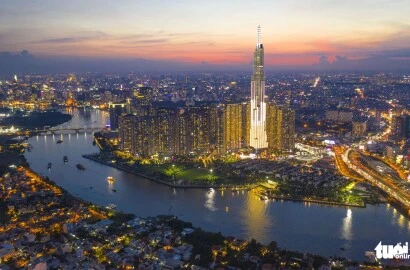
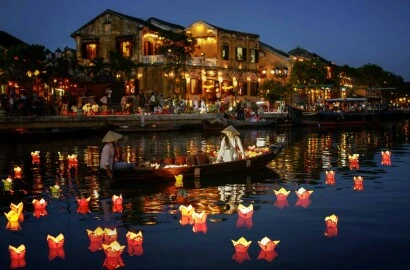
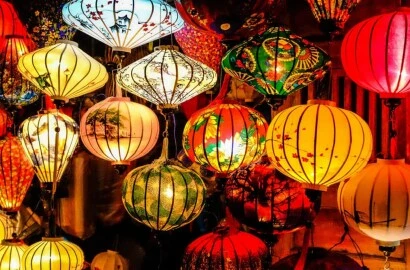
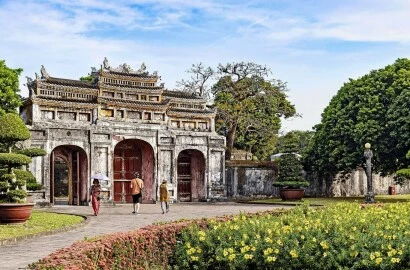
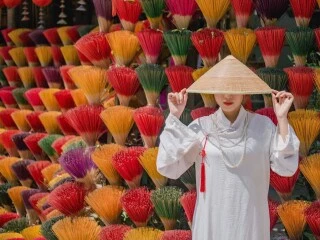
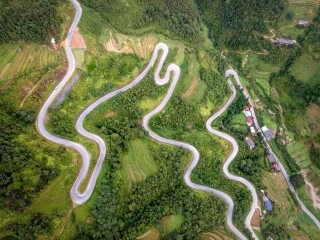
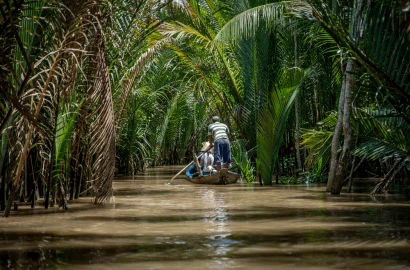
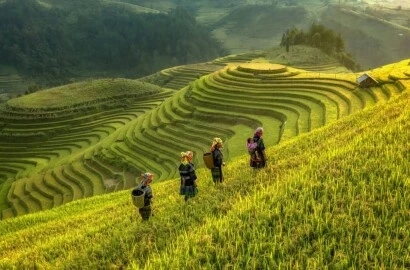
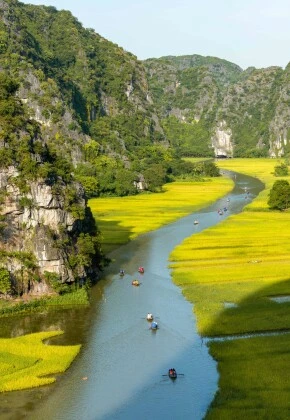
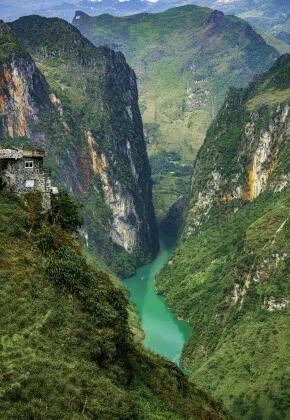
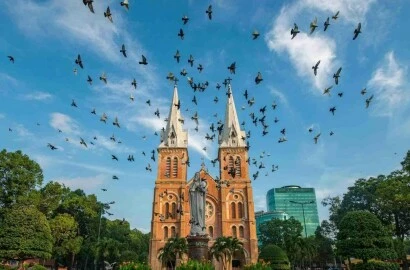
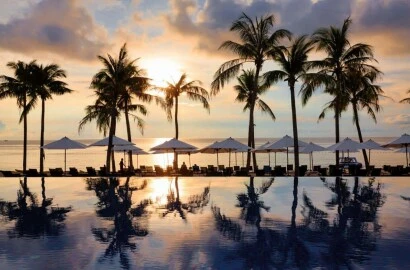
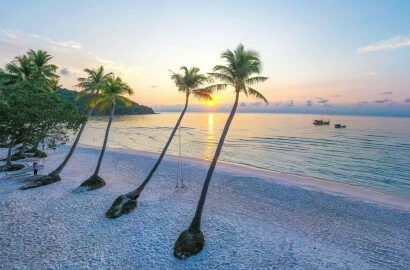
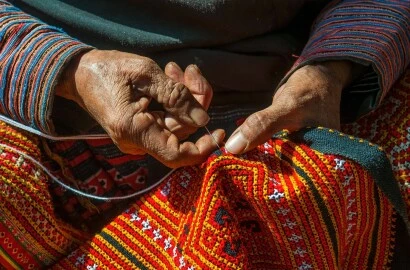
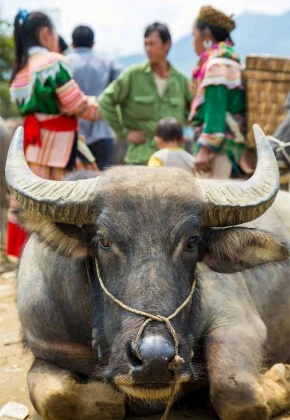
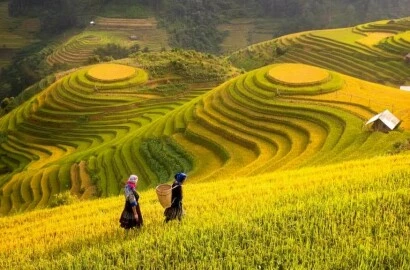
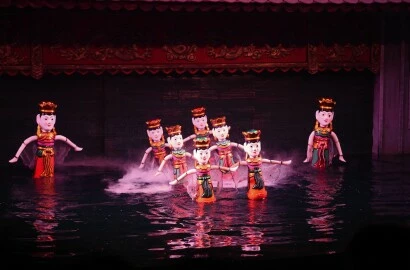
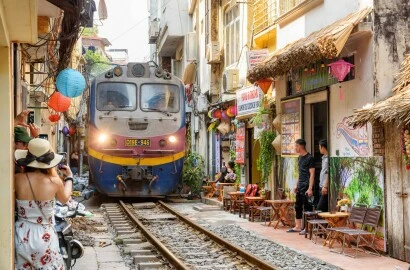
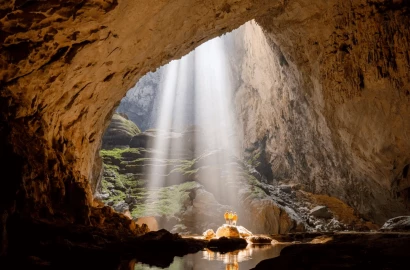
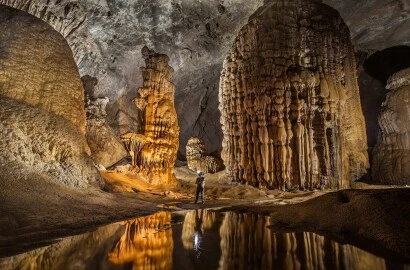
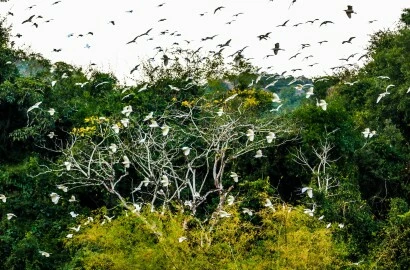
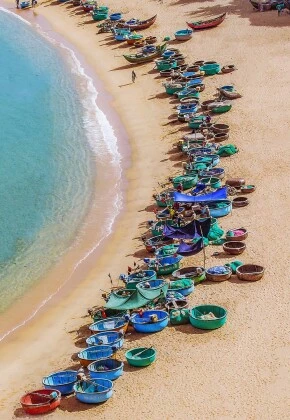
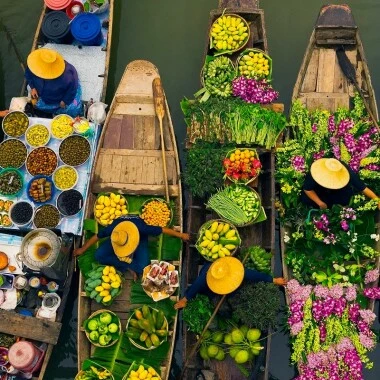
Ho Chi Minh City → Cu Chi tunnels → Ben Tre coconut town → Hoi An ancient town → Cham Island → Hanoi → Ninh Binh → Bai Tu Long Bay
Join us on a 12-day odyssey to Vietnam through bustling cities, serene landscapes, and vibrant cultures, tailored perfectly for families of all ages.
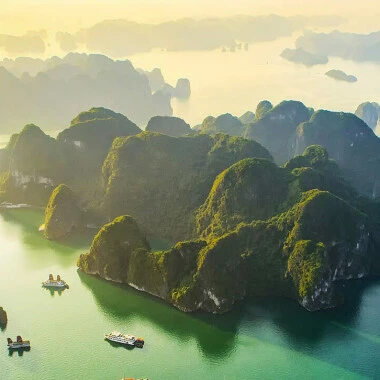
Hanoi → The museum of ethnology → Hoa Lo prison → Hanoi Old Quarter → Hanoi train street → Ninh Binh → Van Long Nature Reserve → Halong bay - Lan Ha Bay → Cat Ba Island
Escape the North Vietnam trip with us! Explore bustling Hanoi's Old Quarter, then marvel at Ninh Binh's mystical karst landscape. Sail through mystical Halong Bay, a World Heritage masterpiece.
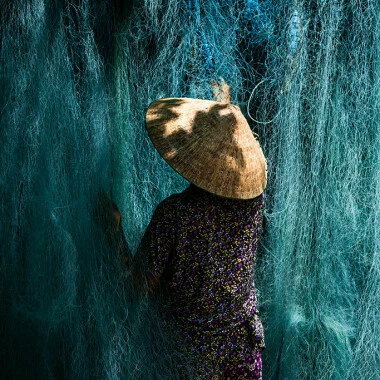
Ho Chi Minh City → Independence Palace → Ben Thanh market → Central post office → Cu Chi tunnels → Mekong Delta → Vung Liem → Coco Riverside Lodge
Immerse yourself in a South Vietnam trip! Explore bustling Saigon, cruise the Mekong Delta, delve into local crafts, and navigate the Cu Chi tunnels.
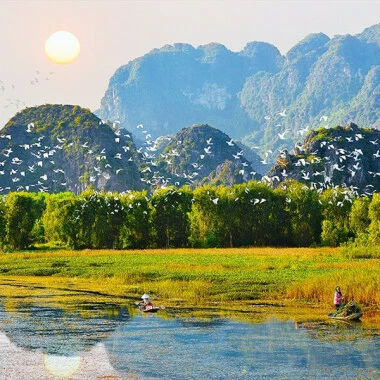
Hanoi → Pu Luong → Ninh Binh → Lan Ha Bay → Hoi An → Ho Chi Minh City → Cu Chi Tunnels → Mekong Delta → Phnom Penh → Siem Reap → Luang Prabang
Embark on an unforgettable adventure through the enchanting Vietnam Cambodia and Laos tours, where ancient wonders intertwine with serene spiritual havens.
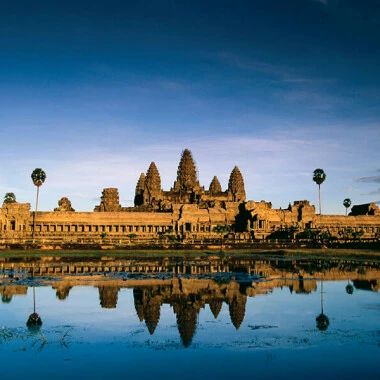
Hanoi → Fansipan Mountain → Lan Ha Bay → Cat Ba Island → Hue → Hoi An → Ho Chi Minh City → Cu Chi Tunnels → Mekong Delta/ Vinh Long → Angkor Wat
This 18-day family adventure package for the Vietnam and Cambodia tour is more than just a vacation; it's an investment in experiences that will strengthen your family bond and broaden your horizons.
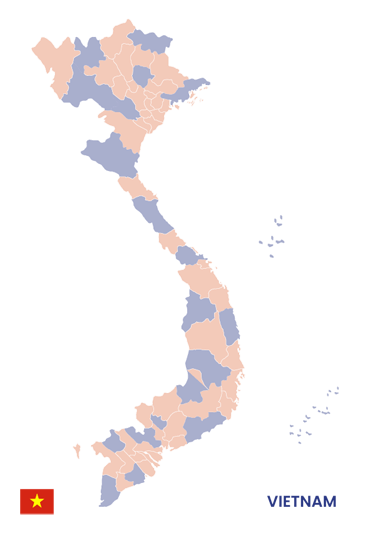
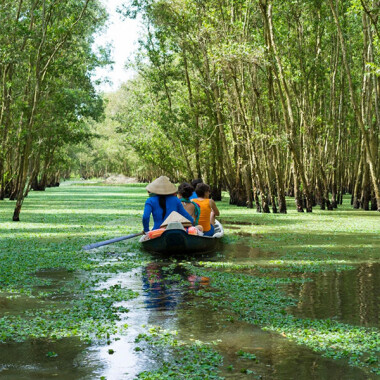
Mekong Delta
Nestled in the heart of Vietnam, the Mekong Delta tour has vast rice paddy fields that stretch endlessly, embracing a community of warm-hearted and industrious individuals.
DISCOVER MORE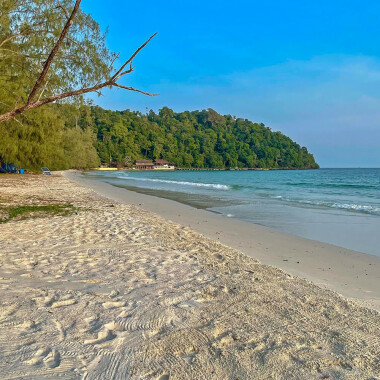
Phu Quoc Island
With its pristine white-sand beaches, crystal-clear turquoise waters, and lush tropical landscapes, the Phu Quoc island tour offers a haven of serenity and natural beauty. Explore vibrant coral reefs teeming with marine life while diving and snorkeling. Savoring the flavor of freshly caught seafood and delectable local delicacies.
DISCOVER MORE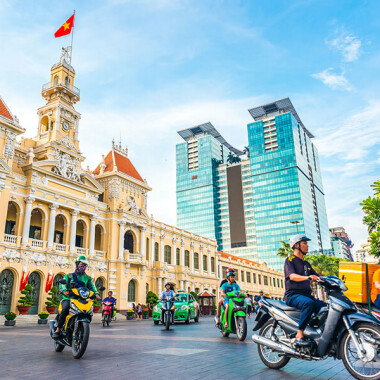
Ho Chi Minh city
Ho Chi Minh City tour, with its dazzling skyline and historic charm, is a city where the modern pace harmoniously coexists with age-old traditions. Amidst the skyscrapers, you'll find the heartbeat of Vietnam pulsating through the vibrant streets, offering an experience that seamlessly blends the contemporary with the timeless.
DISCOVER MORE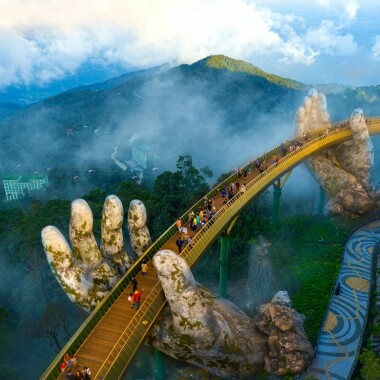
Da Nang
Discover the alluring Da Nang tour, where the echoes of ancient traditions intertwine with breathtaking natural landscapes. Immerse yourself in the rich cultural heritage as you explore historic pagodas, witness skilled artisans at work, and savor flavorsome local cuisine.
DISCOVER MORE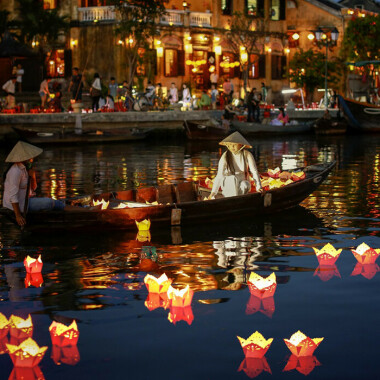
Hoi An
Hoi An Tour: Discover the romance of a lantern-lit oasis. As dusk descends upon the ancient town, a captivating transformation takes place. The soft glow of lanterns illuminates the streets, casting a warm and magical ambiance that sets the stage for an unforgettable experience.
DISCOVER MORE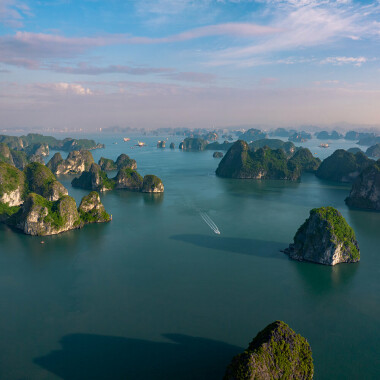
Halong - Lan Ha Bay
A Ha Long Bay tour is a mesmerising experience where travellers cruise through the scenic bay aboard traditional junks or luxurious boats.
DISCOVER MORE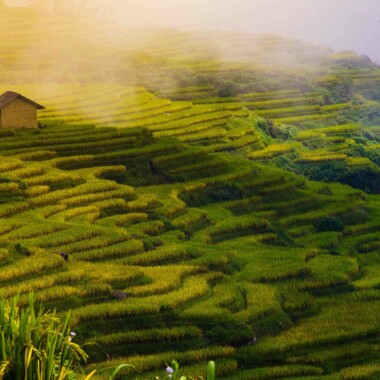
Sapa
Nestled in the picturesque mountains of northern Vietnam, the Sapa Tour is an enchanting gem that invites you to explore its unparalleled beauty.
DISCOVER MORE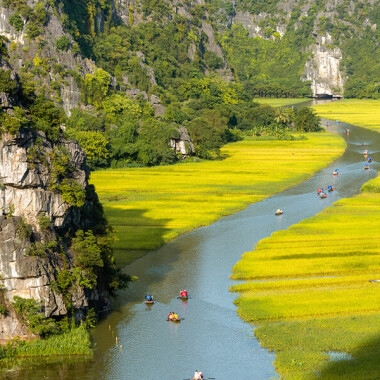
Ninh Binh
The Ninh Binh tour offers a diverse range of activities that weave together the threads of nature, spirituality, and adventure. Be captivated by its stunning landscapes, where towering limestone karsts emerge from emerald-green rice paddies, creating a picturesque backdrop that seems straight out of a painting
DISCOVER MORE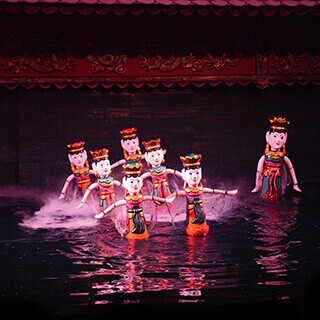
Hanoi
Hanoi tour: the vibrant heart of Vietnam. As you explore the Hanoi walking tour, you will learn about tourist attractions in Hanoi and things you must do in Hanoi.
DISCOVER MORE
Mekong Delta
Nestled in the heart of Vietnam, the Mekong Delta tour has vast rice paddy fields that stretch endlessly, embracing a community of warm-hearted and industrious individuals.
DISCOVER MORE
Phu Quoc Island
With its pristine white-sand beaches, crystal-clear turquoise waters, and lush tropical landscapes, the Phu Quoc island tour offers a haven of serenity and natural beauty. Explore vibrant coral reefs teeming with marine life while diving and snorkeling. Savoring the flavor of freshly caught seafood and delectable local delicacies.
DISCOVER MORE
Ho Chi Minh city
Ho Chi Minh City tour, with its dazzling skyline and historic charm, is a city where the modern pace harmoniously coexists with age-old traditions. Amidst the skyscrapers, you'll find the heartbeat of Vietnam pulsating through the vibrant streets, offering an experience that seamlessly blends the contemporary with the timeless.
DISCOVER MORE
Da Nang
Discover the alluring Da Nang tour, where the echoes of ancient traditions intertwine with breathtaking natural landscapes. Immerse yourself in the rich cultural heritage as you explore historic pagodas, witness skilled artisans at work, and savor flavorsome local cuisine.
DISCOVER MORE
Hoi An
Hoi An Tour: Discover the romance of a lantern-lit oasis. As dusk descends upon the ancient town, a captivating transformation takes place. The soft glow of lanterns illuminates the streets, casting a warm and magical ambiance that sets the stage for an unforgettable experience.
DISCOVER MORE
Halong - Lan Ha Bay
A Ha Long Bay tour is a mesmerising experience where travellers cruise through the scenic bay aboard traditional junks or luxurious boats.
DISCOVER MORE
Sapa
Nestled in the picturesque mountains of northern Vietnam, the Sapa Tour is an enchanting gem that invites you to explore its unparalleled beauty.
DISCOVER MORE
Ninh Binh
The Ninh Binh tour offers a diverse range of activities that weave together the threads of nature, spirituality, and adventure. Be captivated by its stunning landscapes, where towering limestone karsts emerge from emerald-green rice paddies, creating a picturesque backdrop that seems straight out of a painting
DISCOVER MORE
Hanoi
Hanoi tour: the vibrant heart of Vietnam. As you explore the Hanoi walking tour, you will learn about tourist attractions in Hanoi and things you must do in Hanoi.
DISCOVER MORE
Emotion Made Real
Transforming emotions into reality lies at the very heart of our purpose. We believe that travel should be a soul-stirring experience, one that not only captivates your senses but also leaves an indelible mark on your heart.

Immersive & Authentic Journey
Our deep love for Asia ignites the creation of immersive journeys that go beyond the tourist trail. We delve deep into each destination and curate the best experiences. Discover Asia in a way that's authentic, up-to-date, and always exciting.

Cultural Respect & Sustainability
We prioritize sustainability and respect for local cultures, ensuring that your travel leaves a positive impact on the places you visit. Travel with us and be a part of preserving cultures and protecting the environment.

Emotion Made Real
Transforming emotions into reality lies at the very heart of our purpose. We believe that travel should be a soul-stirring experience, one that not only captivates your senses but also leaves an indelible mark on your heart.

Immersive & Authentic Journey
Our deep love for Asia ignites the creation of immersive journeys that go beyond the tourist trail. We delve deep into each destination and curate the best experiences. Discover Asia in a way that's authentic, up-to-date, and always exciting.

Cultural Respect & Sustainability
We prioritize sustainability and respect for local cultures, ensuring that your travel leaves a positive impact on the places you visit. Travel with us and be a part of preserving cultures and protecting the environment.
Check lastest articles from our blog. All about News, Tips & Guides, Infrgraphics
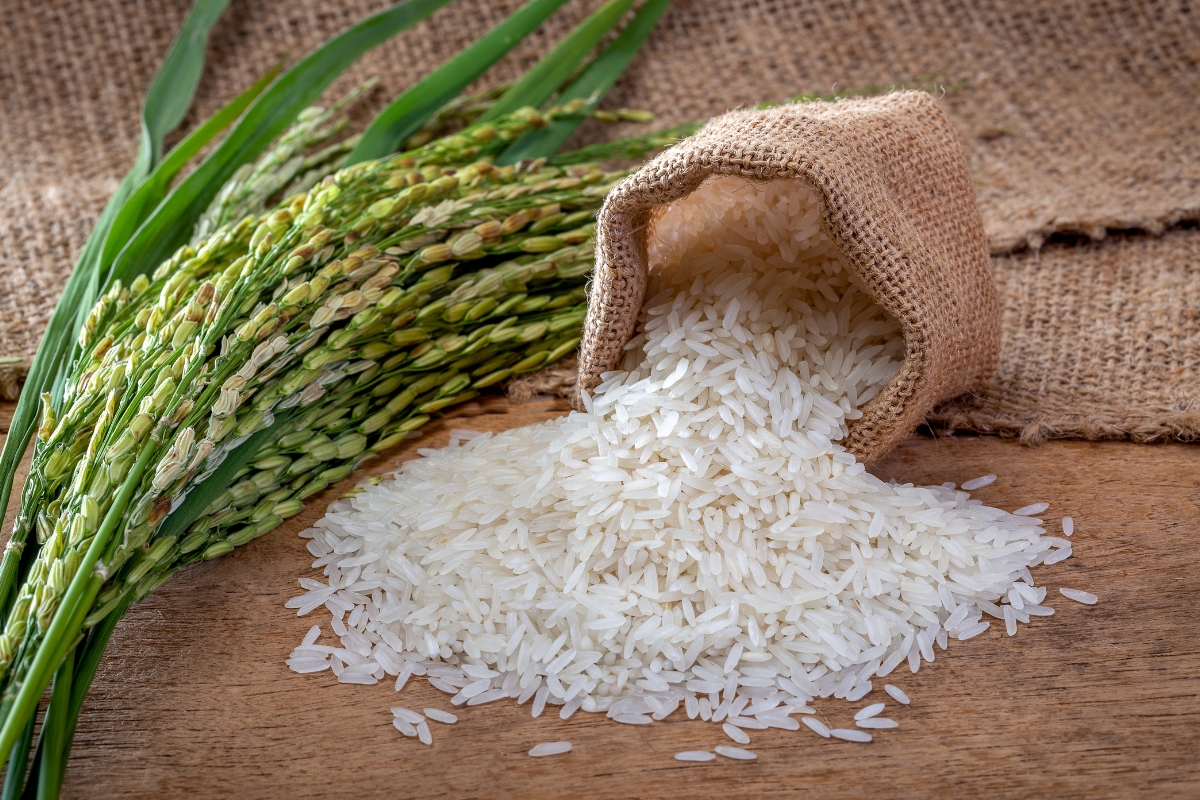
With foodaholic when coming to Vietnam, one of the first questions that comes to mind is: what type of rice is used in Vietnamese cuisine? This simple query opens the door...
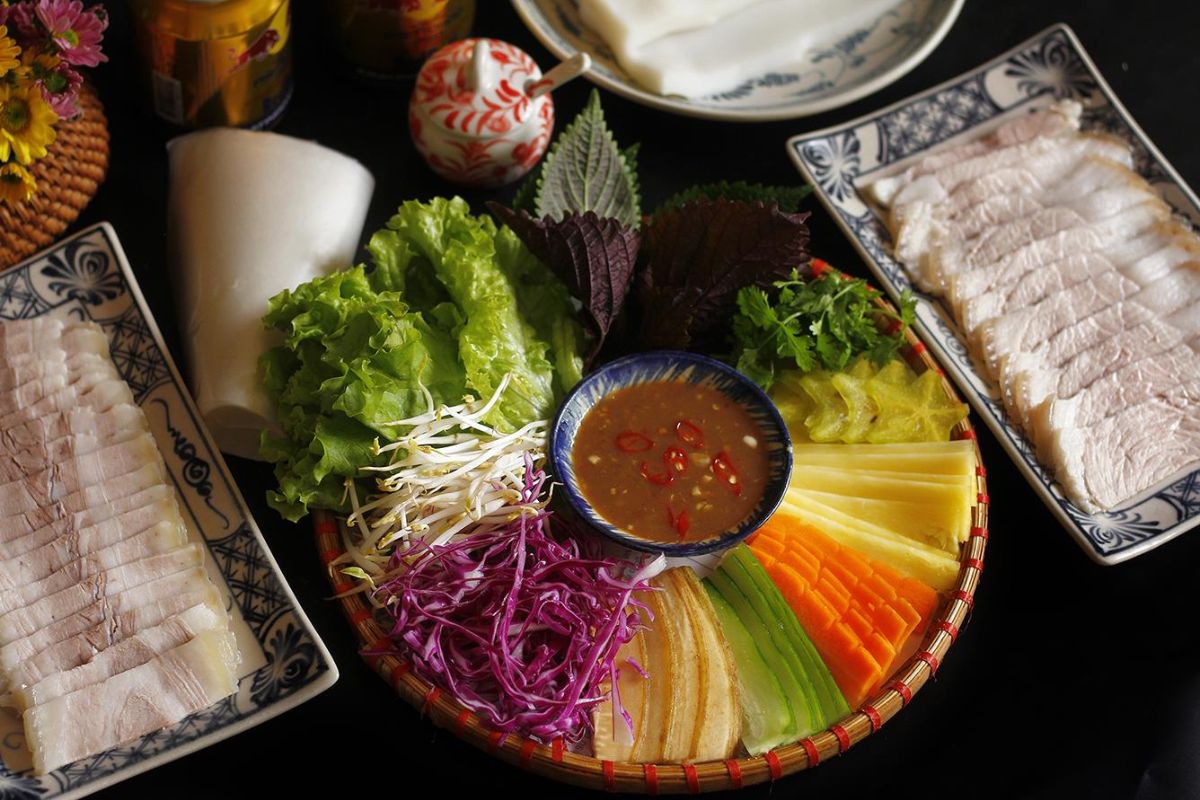
What makes Vietnamese cuisine unique? Let’s embark on a journey to uncover the secrets behind the flavors that have captivated food lovers around the world.
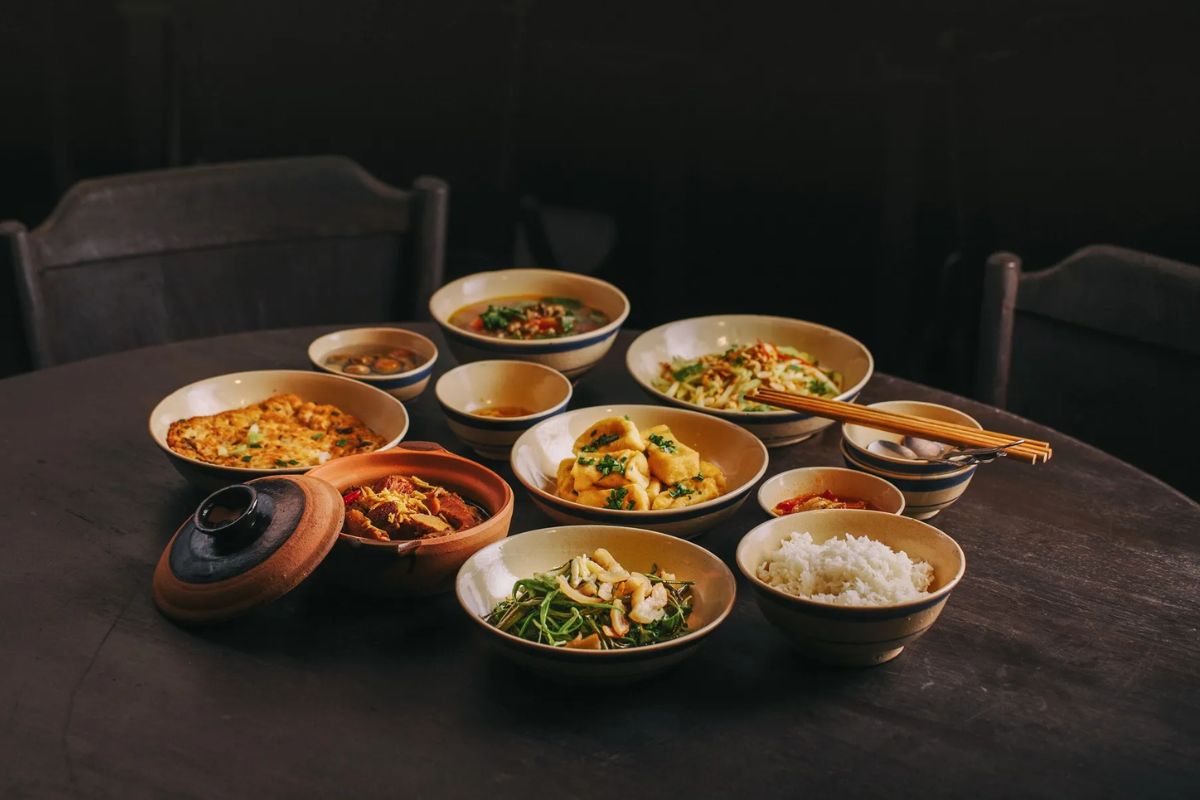
From steaming bowls of pho on street corners to elegant takes on traditional dishes in upscale restaurants, Vietnamese cuisine in Hanoi is as diverse as it is delicious. But with so many options, where do you start?

With foodaholic when coming to Vietnam, one of the first questions that comes to mind is: what type of rice is used in Vietnamese cuisine? This simple query opens the door...

What makes Vietnamese cuisine unique? Let’s embark on a journey to uncover the secrets behind the flavors that have captivated food lovers around the world.

From steaming bowls of pho on street corners to elegant takes on traditional dishes in upscale restaurants, Vietnamese cuisine in Hanoi is as diverse as it is delicious. But with so many options, where do you start?

Where should I visit in Vietnam on my 1st-time tour routes?
If this is your first time travelling to Vietnam, stick to the classic destinations is the great option. Hanoi, Halong Bay, Sapa, Hoi An, Nha Trang, Ho Chi Minh and Mekong Delta are the most popular places.
What language is spoken in Vietnam?
The official language of Vietnam is Vietnamese.
Is English spoken throughout Vietnam?
English is not spoken by many residents of Vietnam. However, in tourist areas, English will be understood in hotels and restaurants.
What currency is used in Vietnam?
The currency used throughout Vietnam is the Vietnamese dong. Mastercard and Visa are accepted in many hotels, restaurants and attractions in tourist areas. ATMs are readily available in most major centers.
Do I need a visa for Vietnam?
Most nationalities are required to obtain tourist visa in advance to travel to Vietnam. When obtaining your visa you should allow 3 weeks for processing with your nearest embassy or consulate, the cost is approximately US$60 to US$100. Please check with your embassy or consulate for further requirements. Some nationalities are exempt from visas for a stay of a maximum of 15 days, including British, German, French, Spanish and Italian citizens travelling to Vietnam (for all purposes). This exemption period is currently effective until 30 June 2021, and is based upon meeting all conditions prescribed by Vietnamese laws. If you are planning on staying in Vietnam for longer than 15 days you will need to obtain a visa extension in advance (please contact your relevant Consulate or Embassy). Please also check requirements if you plan to re-enter Vietnam. An eVisa is available for some nationalities including passport holders from Australia (from 2018), France, Ireland, Italy, Germany, Spain, the United Kingdom, Canada and the United States of America, valid for a single entry of a maximum of 30 days stay in Vietnam. For information on obtaining an eVisa visit the immigration website: https://evisa.xuatnhapcanh.gov.vn/ Evisas take up to 3 days to be processed. You will need a clear electronic copy of your passport data page and passport photo, and to make a non-refundable payment as outlined on the immigration website. Keep the customs and immigration form you receive on arrival, as you need it to complete exit formalities on departure.
Is WiFi readily available?
Internet access and Wifi are easily accessible in city centers, but connections may be spotty or limited in remote areas.
Can I use my cell phone in Vietnam?
It is possible to purchase a SIM card once in Vietnam but phone usage may be limited in mountainous or rural areas.
Is tipping customary in Vietnam?
Tipping isn't mandatory or customary in Vietnam, but it is always appreciated. If you’re happy with the services provided by waiters, drivers and other service workers, leaving a small tip is a good way to show your appreciation. While it may not be customary to you, it’s of great significance to the people who take care of you during your travels. Tipping also encourages excellent service in the future and is an entrenched feature of the tourism industry across many Intrepid destinations. Carrying small notes of local currency will make tipping easier. It is best to avoid tipping with coins, very small denomination notes, or dirty and ripped notes, as this can be regarded as an insult. Participate in a tipping kitty. Your local leader may discuss the idea of running a group tipping kitty on the first day of your trip. In a group tipping kitty, everybody contributes an equal amount at the start of the tour that your leader uses to tip drivers, local guides and hotel staff on your behalf. The leader will keep a running record of all monies spent, which can be checked at any time. Any money remaining at the end of the tour is returned to group members. This is often the easiest way to avoid the hassle of needing small change and knowing when and what is an appropriate amount to tip. Participation in this kitty is optional, and you are welcome to manage your own tipping separately if you prefer. Please note the tipping kitty excludes tips for your tour leader. Tipping your local leader or tour guide in Vietnam You may also consider tipping your tour leader for outstanding service throughout your trip. The amount is entirely a personal preference, however US$2-US$4 per person, per day is a commonly used guideline. Of course, you are free to tip more or less as you see fit, depending on your perception of service quality and the length of your trip. Remember, a tip is not compulsory and should only be given when you receive excellent service.
What are the toilets like in Vietnam?
You'll have to adjust to different standards of hygiene and sanitation while in Vietnam. The standard toilet is of the squat variety, and this may take some getting used to, although western-style toilets can be found in large hotels and some tourist areas.
Can I drink the water in Vietnam?
Drinking tap water generally isn’t recommended in Vietnam. Water contaminated with pathogenic organisms is a major source of sickness and can lead to traveller’s experiencing diarrhoea, gastroenteritis, typhoid, cholera, giardia, dysentery and hepatitis A. It’s also advisable to avoid raw vegetables, fruits with edible skins and drinks with ice. Opt for cooked foods and fruits that need to be peeled instead. For environmental reasons, try to avoid buying bottled water. Bring a reusable bottle or canteen (we recommend at least a 1.5 litre capacity) that can be refilled as needed. Some hotels we stay in may have drinking water available. Your leader can tell you where to find filtered water or you can bring purification tables. For environmental reasons, try to avoid buying bottled water. Fill a reusable water bottle or canteen with filtered water instead. Ask your leader where filtered water can be found; some hotels we stay in may have drinking water available. It's also advisable to avoid ice in drinks and peel fruit and vegetables before eating.
Do I need to purchase travel insurance before travelling in Vietnam?
Absolutely. All passengers travelling with Intrepid are required to purchase travel insurance before the start of their trip. Your travel insurance details will be recorded by your leader on the first day of the trip. Due to the varying nature, availability and cost of health care around the world, travel insurance is very much an essential and necessary part of every journey.
What is ATM access like in Vietnam?
ATMs are found widely throughout Vietnam, so withdrawing cash shouldn't be problematic in most areas. Some smaller villages and rural areas may not have ATM access, so prepare for this before venturing too far from a city or major town.
What are transportation options in Vietnam?
There are many ways to get around in Vietnam. Domestic flights within the country can allow quick and convenient travel between the north and south parts of the country. Trains or hired drivers are also available to visit smaller towns or villages. Bicycle rentals are also available to get around city and town areas.
Is Vietnam a family-friendly destination?
There are many activities and places to visit in Vietnam that the whole family can enjoy! Some of these are exploring Ho Chi Minh City, venturing through the Cu Chi Tunnels or cruising along the floating markets of Cai Rang and Cai Be in the Mekong Delta.
Should I travel to North, Central or South Vietnam?
The best time to visit North Vietnam is between August and December when the temperature is not too humid and not yet cold. Northern Vietnam is where the popular signature dish Pho originates from and where you will find the county’s capital city, Hanoi. Other areas that are worth visiting are Halong Bay and Sapa. Central Vietnam has some amazing beaches which can be found in Da Nang. Hue, which used to be the capital of Vietnam, and Hoi An are rich in history. The best time to visit South Vietnam is between December and April to avoid the rainy season. Cuisine in this area is influenced by Cambodia and Thailand. The south part of the country is also more open-minded, friendly and energetic than central or north Vietnam. Some noteworthy places to visit in the south are Ho Chi Minh City, Da Lat and Nha Trang.
Is Vietnam a LGBTQI-friendly destination?
The LGBQTI community is gradually gaining recognition in Vietnam, with gay pride parades becoming a regular occurrence and a lift on same-sex marriage bans in 2015. With that said, Vietnam is still a conservative culture and many still hide their sexuality from their families. Ho CHi Minh City and Hanoi have some gay-friendly bars and events. It is generally recommended that both gay and straight couples resist showing public displays of affection.
What are the best things to eat in Vietnam?
Traditional Vietnamese food is typified by its use of fresh herbs and vegetables and its wide regional variance. Vietnamese food is influenced by its Chinese and Khmer neighbors and echoes of French colonization. Some of the best things to eat in Vietnam are noodle soups (pho, bun mam, bun bo hue), bread rolls (banh mi), savoury pancakes (banh xeo) and fresh tropical fruits.
What are the best things to drink in Vietnam?
Our list of best things to drink in Vietnam includes ice coffee, fruit smoothies, fresh coconut juice straight from a freshly cracked green coconut, sugar cane juice, local beers and artisan rice wine.
Where should I visit in Vietnam on my 1st-time tour routes?
If this is your first time travelling to Vietnam, stick to the classic destinations is the great option. Hanoi, Halong Bay, Sapa, Hoi An, Nha Trang, Ho Chi Minh and Mekong Delta are the most popular places.
What language is spoken in Vietnam?
The official language of Vietnam is Vietnamese.
Is English spoken throughout Vietnam?
English is not spoken by many residents of Vietnam. However, in tourist areas, English will be understood in hotels and restaurants.
What currency is used in Vietnam?
The currency used throughout Vietnam is the Vietnamese dong. Mastercard and Visa are accepted in many hotels, restaurants and attractions in tourist areas. ATMs are readily available in most major centers.
Do I need a visa for Vietnam?
Most nationalities are required to obtain tourist visa in advance to travel to Vietnam. When obtaining your visa you should allow 3 weeks for processing with your nearest embassy or consulate, the cost is approximately US$60 to US$100. Please check with your embassy or consulate for further requirements. Some nationalities are exempt from visas for a stay of a maximum of 15 days, including British, German, French, Spanish and Italian citizens travelling to Vietnam (for all purposes). This exemption period is currently effective until 30 June 2021, and is based upon meeting all conditions prescribed by Vietnamese laws. If you are planning on staying in Vietnam for longer than 15 days you will need to obtain a visa extension in advance (please contact your relevant Consulate or Embassy). Please also check requirements if you plan to re-enter Vietnam. An eVisa is available for some nationalities including passport holders from Australia (from 2018), France, Ireland, Italy, Germany, Spain, the United Kingdom, Canada and the United States of America, valid for a single entry of a maximum of 30 days stay in Vietnam. For information on obtaining an eVisa visit the immigration website: https://evisa.xuatnhapcanh.gov.vn/ Evisas take up to 3 days to be processed. You will need a clear electronic copy of your passport data page and passport photo, and to make a non-refundable payment as outlined on the immigration website. Keep the customs and immigration form you receive on arrival, as you need it to complete exit formalities on departure.
Is WiFi readily available?
Internet access and Wifi are easily accessible in city centers, but connections may be spotty or limited in remote areas.
Can I use my cell phone in Vietnam?
It is possible to purchase a SIM card once in Vietnam but phone usage may be limited in mountainous or rural areas.
Is tipping customary in Vietnam?
Tipping isn't mandatory or customary in Vietnam, but it is always appreciated. If you’re happy with the services provided by waiters, drivers and other service workers, leaving a small tip is a good way to show your appreciation. While it may not be customary to you, it’s of great significance to the people who take care of you during your travels. Tipping also encourages excellent service in the future and is an entrenched feature of the tourism industry across many Intrepid destinations. Carrying small notes of local currency will make tipping easier. It is best to avoid tipping with coins, very small denomination notes, or dirty and ripped notes, as this can be regarded as an insult. Participate in a tipping kitty. Your local leader may discuss the idea of running a group tipping kitty on the first day of your trip. In a group tipping kitty, everybody contributes an equal amount at the start of the tour that your leader uses to tip drivers, local guides and hotel staff on your behalf. The leader will keep a running record of all monies spent, which can be checked at any time. Any money remaining at the end of the tour is returned to group members. This is often the easiest way to avoid the hassle of needing small change and knowing when and what is an appropriate amount to tip. Participation in this kitty is optional, and you are welcome to manage your own tipping separately if you prefer. Please note the tipping kitty excludes tips for your tour leader. Tipping your local leader or tour guide in Vietnam You may also consider tipping your tour leader for outstanding service throughout your trip. The amount is entirely a personal preference, however US$2-US$4 per person, per day is a commonly used guideline. Of course, you are free to tip more or less as you see fit, depending on your perception of service quality and the length of your trip. Remember, a tip is not compulsory and should only be given when you receive excellent service.
What are the toilets like in Vietnam?
You'll have to adjust to different standards of hygiene and sanitation while in Vietnam. The standard toilet is of the squat variety, and this may take some getting used to, although western-style toilets can be found in large hotels and some tourist areas.
Can I drink the water in Vietnam?
Drinking tap water generally isn’t recommended in Vietnam. Water contaminated with pathogenic organisms is a major source of sickness and can lead to traveller’s experiencing diarrhoea, gastroenteritis, typhoid, cholera, giardia, dysentery and hepatitis A. It’s also advisable to avoid raw vegetables, fruits with edible skins and drinks with ice. Opt for cooked foods and fruits that need to be peeled instead. For environmental reasons, try to avoid buying bottled water. Bring a reusable bottle or canteen (we recommend at least a 1.5 litre capacity) that can be refilled as needed. Some hotels we stay in may have drinking water available. Your leader can tell you where to find filtered water or you can bring purification tables. For environmental reasons, try to avoid buying bottled water. Fill a reusable water bottle or canteen with filtered water instead. Ask your leader where filtered water can be found; some hotels we stay in may have drinking water available. It's also advisable to avoid ice in drinks and peel fruit and vegetables before eating.
Do I need to purchase travel insurance before travelling in Vietnam?
Absolutely. All passengers travelling with Intrepid are required to purchase travel insurance before the start of their trip. Your travel insurance details will be recorded by your leader on the first day of the trip. Due to the varying nature, availability and cost of health care around the world, travel insurance is very much an essential and necessary part of every journey.
What is ATM access like in Vietnam?
ATMs are found widely throughout Vietnam, so withdrawing cash shouldn't be problematic in most areas. Some smaller villages and rural areas may not have ATM access, so prepare for this before venturing too far from a city or major town.
What are transportation options in Vietnam?
There are many ways to get around in Vietnam. Domestic flights within the country can allow quick and convenient travel between the north and south parts of the country. Trains or hired drivers are also available to visit smaller towns or villages. Bicycle rentals are also available to get around city and town areas.
Is Vietnam a family-friendly destination?
There are many activities and places to visit in Vietnam that the whole family can enjoy! Some of these are exploring Ho Chi Minh City, venturing through the Cu Chi Tunnels or cruising along the floating markets of Cai Rang and Cai Be in the Mekong Delta.
Should I travel to North, Central or South Vietnam?
The best time to visit North Vietnam is between August and December when the temperature is not too humid and not yet cold. Northern Vietnam is where the popular signature dish Pho originates from and where you will find the county’s capital city, Hanoi. Other areas that are worth visiting are Halong Bay and Sapa. Central Vietnam has some amazing beaches which can be found in Da Nang. Hue, which used to be the capital of Vietnam, and Hoi An are rich in history. The best time to visit South Vietnam is between December and April to avoid the rainy season. Cuisine in this area is influenced by Cambodia and Thailand. The south part of the country is also more open-minded, friendly and energetic than central or north Vietnam. Some noteworthy places to visit in the south are Ho Chi Minh City, Da Lat and Nha Trang.
Is Vietnam a LGBTQI-friendly destination?
The LGBQTI community is gradually gaining recognition in Vietnam, with gay pride parades becoming a regular occurrence and a lift on same-sex marriage bans in 2015. With that said, Vietnam is still a conservative culture and many still hide their sexuality from their families. Ho CHi Minh City and Hanoi have some gay-friendly bars and events. It is generally recommended that both gay and straight couples resist showing public displays of affection.
What are the best things to eat in Vietnam?
Traditional Vietnamese food is typified by its use of fresh herbs and vegetables and its wide regional variance. Vietnamese food is influenced by its Chinese and Khmer neighbors and echoes of French colonization. Some of the best things to eat in Vietnam are noodle soups (pho, bun mam, bun bo hue), bread rolls (banh mi), savoury pancakes (banh xeo) and fresh tropical fruits.
What are the best things to drink in Vietnam?
Our list of best things to drink in Vietnam includes ice coffee, fruit smoothies, fresh coconut juice straight from a freshly cracked green coconut, sugar cane juice, local beers and artisan rice wine.
